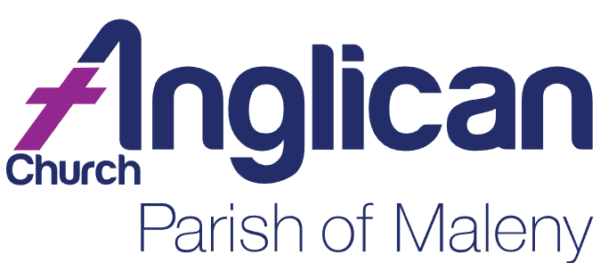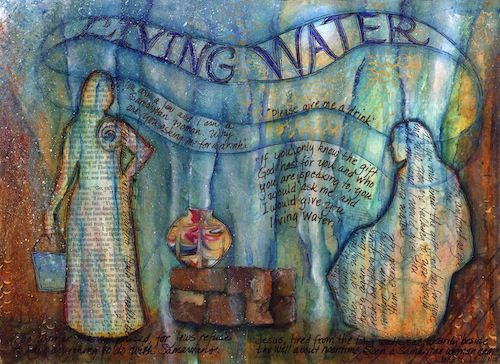It is said that if you educate a man you raise an individual but if you educate a woman you raise a nation. According to CARE Australia, when a woman overcomes poverty, she brings at least four others with her.
Women are multipliers – to invest in a woman is to invest in family, communities and society. Wherever women’s voices have found empowerment, health outcomes improve, just systems emerge and sustainable practices are more widely embraced. Women are agents of change, yet remain dramatically under-represented in decision-making bodies from parliament to boardrooms to religious institutions.
Yet women are still told to present differently, organise better and ‘be seen’ in all the right places. But imposing patriarchal traditions of acceptability is not a solution. It’s not women who need fixing, but the structures that make women vulnerable to discrimination in the first place.
We see an illustration in the story of the woman at the well (John 4.1-42.) Often painted as shame-filled and unfaithful, it is more likely this five-times married woman was simply vulnerable to the circumstances of her time and widowed, divorced at a man’s whim, or possibly unable to bear children.
What scripture does describe is a capable, savvy woman. When she leaves the well to tell others about Jesus she has no trouble rallying others to the cause. She is an agent of change.
But unlike the miracles and healing stories, Jesus has not intervened. When she leaves the well she still has no husband. Her marriage history remains, as does her sixth relationship – whatever form that is taking.
Jesus shows no concern in her relationship status, nor whether she is Samaritan or Jew. He does not try to change her or conform her. This woman does not need fixing.
What does occur is a theological conversation that explores the connection between physical and spiritual thirst – and the temptation to let difference get in the way of the dignity and affirmation we all need to grow into fullness of life.
This woman leaves without her water jug, but as a vessel overflowing with agency, and becomes the first and immediately effective evangelist of the Christ.
This woman’s voice is a blessing to her whole community.
How can we promote the voices of women as a blessing to all the earth?
The Rev’d Deb Bird

